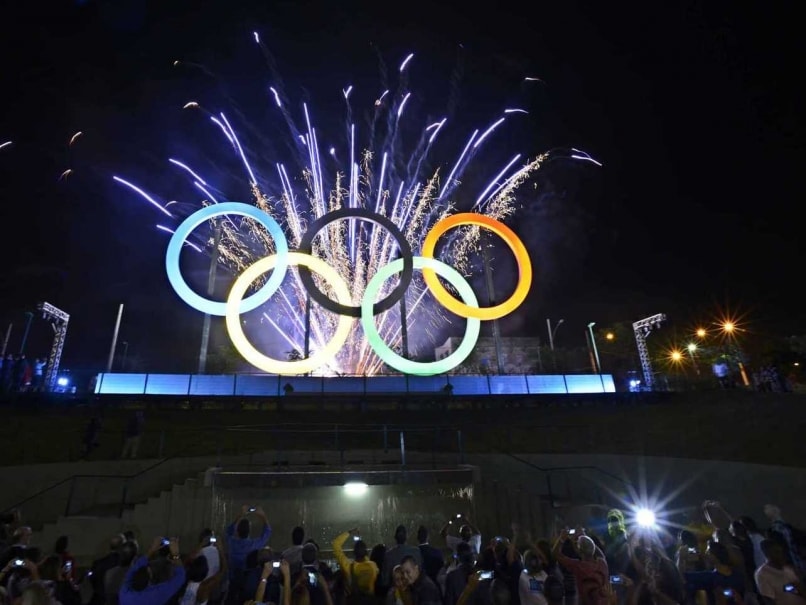Rio 2016: Russia Banned From Paralympics Over Doping
Russian athletes have been banned from competing at the Rio 2016 Paralympics from September 7 to September 18 following the country's doping scandal
- Written by Agence-France Presse
- Updated: August 07, 2016 10:45 pm IST

Highlights
-
The suspension means Russia can't compete in the Rio Paralympics in Sept.
-
Russia immediately announced it would be appealing against the ban to CAS
-
Russia's track and field team has also been banned from Rio Olympics
Russia has been kicked out of the Rio Paralympic Games over "state-sponsored" doping revealed in an inquiry last month.
"Their medals over morals attitude disgusts me," said International Parlympics Committee (IPC) president Philip Craven as he announced Russia's suspension from the body.
The suspension means that Russia cannot compete in the Rio Paralympics from September 7 to September 18.
The International Olympic Committee decided to let Russia into the Rio Olympics now underway, but eliminated 100 athletes who were filtered out by individual federations.
Russia denies the state-orchestrated doping outlined in a report by Canadian lawyer Richard McLaren for the World Anti-Doping Agency (WADA). Its sports minister, Vitaly Mutko, called the Paralympic decision "beyond belief".
But the IPC leader lambasted Russia's actions.
"With the full facts to hand, we were deeply saddened to find that the state-sponsored doping that exists in Russian sport regrettably extends to Russian Para sport as well," said Craven.
"Tragically this situation is not about athletes cheating a system but about a state-run system that is cheating athletes.
"The doping culture that is polluting Russian sport stems from the Russian government and has now been uncovered in not one, but two independent reports commissioned by the World Anti-Doping Agency."
While the IOC had to act quickly after the McLaren report was released on July 18 because the Rio Olympics was so close, Craven said the IPC had sought more information.
He said "further questions" had been asked of McLaren and the results of new samples studied.
"I believe the Russian government has catastrophically failed its Para athletes," said Craven.
"Their medals over morals mentality disgusts me. The complete corruption of the anti-doping system is contrary to the rules and strikes at the very heart of the spirit of Paralympic sport.
"It shows a blatant disegard for the health and well-being of athletes and, quite simply, has no place in Paralympic sport."
Craven went on: "Their thirst for glory at all costs has severely damaged the integrity and image of all sport and has certainly resulted in a devastating outcome for the Russian Paralympic Committee and Para athletes."
McLaren is due to release more definitive conclusions from his investigation by the end of September which is expected to reignite the debate over the IOC's action.
Russian minister Mutko, who has been barred from the Rio Olympics because of the McLaren report, said that an appeal to the Court of Arbitration for Sport would be made over the IPC ruling.
The IPC said its decision was unanimous and there were immediate statements of support from member bodies.
The British Paralympic Association said it "congratulates the IPC on taking a clear stand based on the evidence provided to the McLaren report and their own subsequent investigation. We believe they have followed a comprehensive and proper process throughout and taken a bold decision on the back of it."
The Paralympics, held every four years for athletes with disabilities, has been held in various forms since 1948 but grown in importance over the past 20 years.
At the London Games in 2012 there were more than 4,300 athletes from 164 countries.
